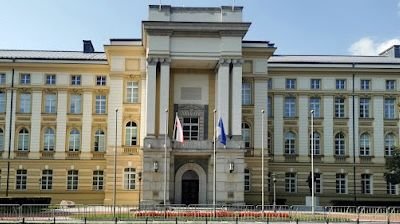Destination Canada
Destination Canada is a wholly government-owned corporation formed under the Canadian Tourism Commission Act that promotes Canada as a tourism destination domestically and internationally. The agency conducts research-driven marketing campaigns in nine key leisure source markets — Australia, Canada, China, France, Germany, Japan, Mexico, South Korea, the United Kingdom, and the United States — while its Business Events team targets international sectors aligned with Canada’s economic priorities. Destination Canada describes its mission as influencing tourism supply and building demand “for the benefit of locals, communities and visitors” through collaboration with public and private sector partners. The corporation operates under Canada’s heritage ministry and focuses marketing investments on markets yielding the highest return.







